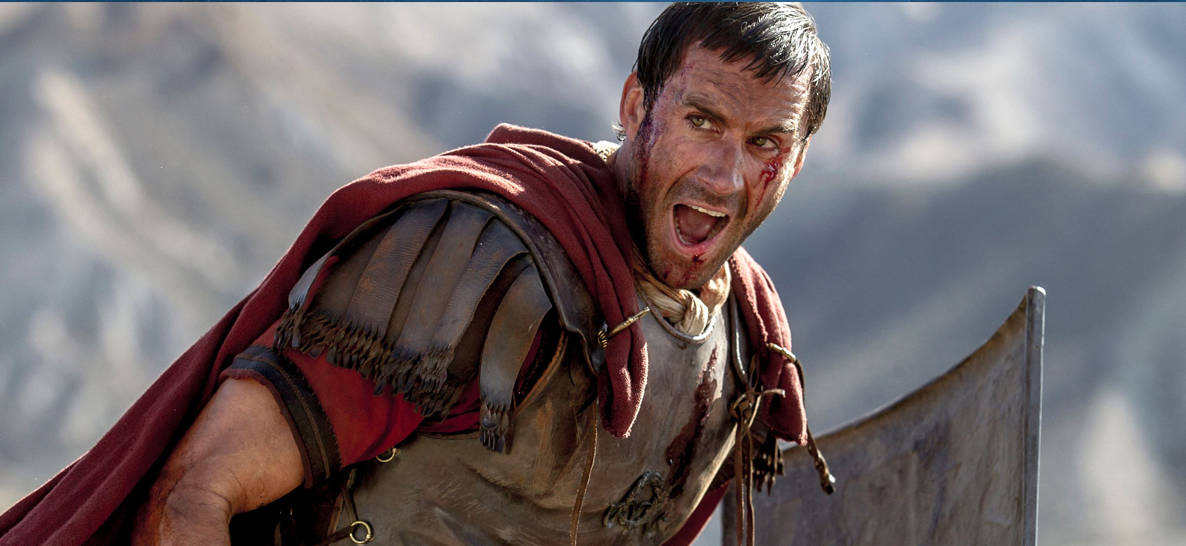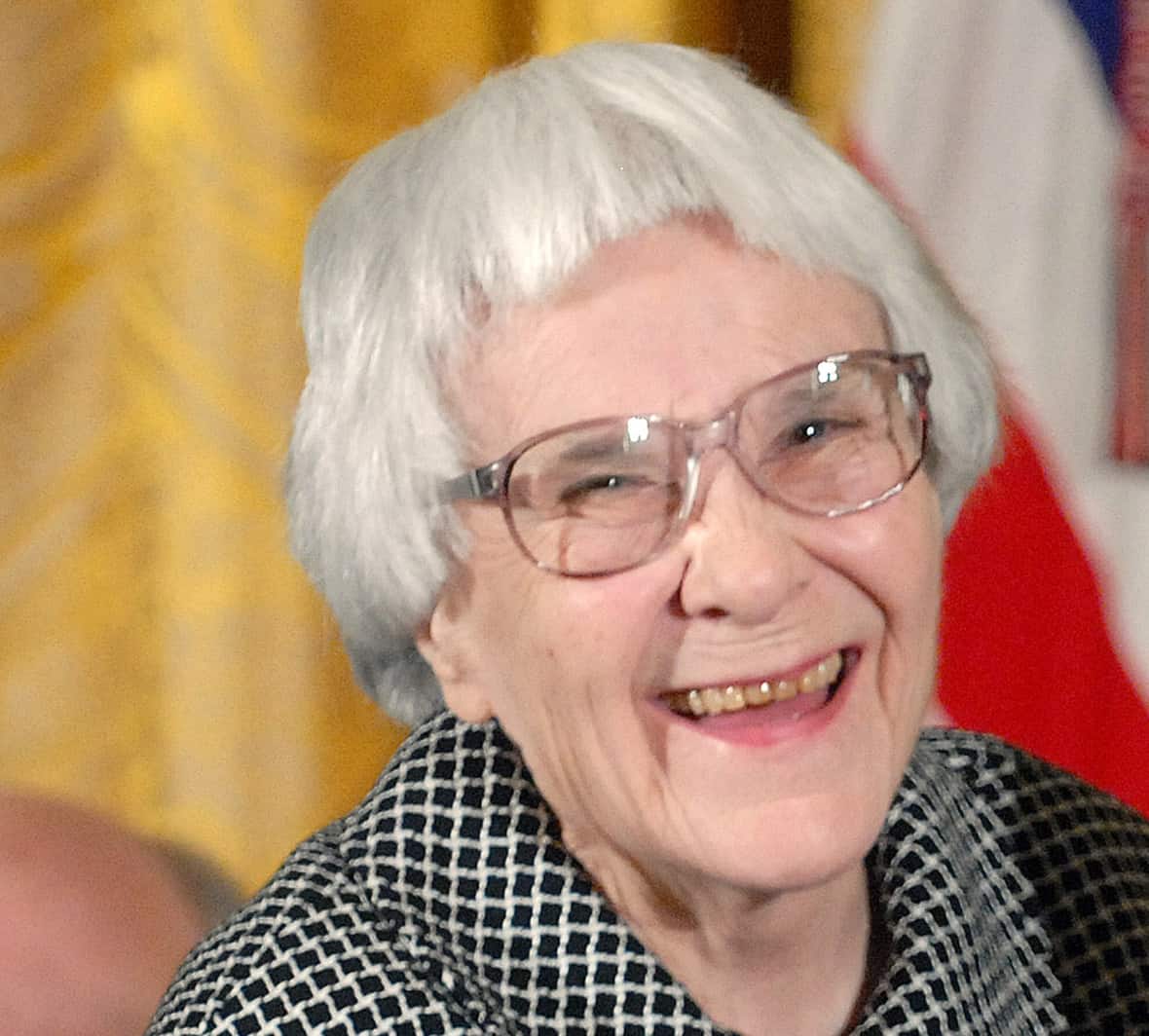
“Faith-based films” have had a difficult time in Hollywood in the last few years. Most fall either on the side of big-budget films that take plenty of artistic liberties with Bible stories, or on the side of well intentioned but somewhat cheesy faith-inspired stories that are largely preaching to the choir.
Risen, which hits theaters today, tries to walk the line between well executed art and biblical accuracy. The film follows the story of Clavius, a Roman centurion tasked with finding Jesus’ body when it goes missing three days after the crucifixion.
Joseph Fiennes, who stars as Clavius, is also set to star as Scottish Olympian and missionary Eric Liddell in an upcoming “sequel” to Chariots of Fire. His film credits include everything from a turn as William Shakespeare in Shakespeare in Love to starring as Martin Luther in a 2003 biopic of the church reformer.
We talked to Fiennes about Risen, what draws him to roles and finding the balance of making faith-based films.
What drew you to this movie, Risen?
I felt the angle was unique: a story that we know well but through the eyes of a skeptic, a non-believer, a Roman tribute. It was fresh. He is a man who is deeply conditioned into military warfare, into the Roman philosophy of praying to gods, and although he’s a spiritual man, he is deeply conditioned into one way of thinking.
Another component is that there’s a detective story. It sets up nicely the theme that Pontius Pilate is under pressure and Emperor Tiberius is arriving shortly. The Romans need to quell this idea of a Messiah and all the supporters of this Messiah claiming that he will rise again. In the Roman idea, this is just another hoax to rally the opposition, and so my character, Clavius, is charged to silence that and to find Christ’s body. But what we find that he hits wall after wall. He can’t find this body. I thought that was a delicious perspective from which to visit a story we know so well.
You’ve taken roles in a a handful of other religious movies, too. You’ve played Martin Luther, you’re starring in an upcoming film about Eric Liddell. What draws you to those sorts of characters?
Early on in my career, I got the opportunity to play Christ in a play that had been banned in the ’50s. The portrayal of Christ, the character was riddled with doubt and introspection, but I felt it gave a human aspect to Christ that allowed me a way in. What I loved about that portrayal, and Eric Riddle and Martin Luther and even to a degree Clavius as a non-believer, is that they have a code, they have a belief. Their beliefs ultimately are positive, and their self-examination is full of self-evolution and they have a principle and a morality. I think in life whenever we raise the bar, as these amazing characters real or not real have done, we get challenged immediately.
Luther and Liddell are insiders in Christianity, but Clavius, your character in Risen, is an outsider, a skeptic. Do you feel like you identify more with one or the other of those?
I think I lock onto human condition, then the condition leads me to the intellectual or the spiritual. But there’s one thing that doesn’t change and that’s human condition; certain people can conquer elements of their conditions, and others are slaves to them.
I do like the journey of a person I can tangibly identify with as another human being. I’m less drawn to superheroes but more to spiritual beings that have to evolve by raising the bar and evolving themselves. Whether that’s Clavius or Eric Liddell, I’m drawn to that self-introspection and dialogue, and I think many of us are. Whatever our faiths, there’s an inner dialogue all the time, and I think this film promotes that dialogue.
How do you prepare for this role?
I thought, “I am going to have to step up my physical life in terms of portraying a Roman tribune. He had a career at war, and I should look and feel and act accordingly.” So I went off to a gladiator school in Rome. I worked with these amazing guys who re-enact gladiatorial fights very brutally and authentically. They were instrumental in allowing me to understand the way a Roman mind would think by virtue of the way they would physically act, especially as a military man.
I also went and spoke at lengths with a detective. I schooled myself in understanding the basics needed, because a huge portion of the film, [Clavius] is interrogating various individuals. I felt that Clavius was a very intellectual and analytical, almost a surgical mind. So suddenly you have this man who thinks in this very analytical and ruthless way charged with finding a body, and then you get him up against something far bigger and more spiritual then you could ever imagine. I love that kind of juxtaposition.
What was the hardest part of making the movie?
I think the hardest thing is getting the balance between Scripture and cinema. A number of [ministers] worked with our producers and directors diligently in getting sure that it’s respectful to Scripture. But also getting that cinematic balance, because it is cinema. It’s entertaining in one sense, but it’s not deeply conservative and it’s neither revisionist. Certainly within the faith-based community, it has been very positive reactions all around. I hope that will be true in the cinematic audience. That was the big challenge and discussion. As an actor, I had to cognizant of that.
One of the most touching scenes in the movie is when Clavius is with the disciples and they meet up with Jesus. He has this moment with Jesus. What was it like filming that? Was it emotional to try and capture what the character would have been feeling at that point?
It was emotional for a number of reasons. Partly because I had projected so much on that moment and the weight of that moment to me personally, and also because Cliff Curtis [who plays Jesus] and I didn’t share eye contact or talk to each other for the months that we were filming. There was an avoidance. He had taken a vow of silence outside of the disciples, and I think we were all aware that this was precious, sacred ground in many ways to us as actors, so we prepped accordingly.
When I actually got to do that scene, what you see on camera is the first time I had ever spoken to Cliff. So we brought the weight and importance of that moment, and that seemed to help the chemistry and the magnitude of it.
I have this sort of weird fantasy that if I were to have a get together who were the people I would want to invite to sit down at the table? Well, I’m sure many of us would ask Jesus Christ to come to the table. Wouldn’t that be an amazing thing? I felt that I had that moment on the rock.
I also think it was emotional because much of the movie for me centers around this idea of a second chance. Clavius is a part of this death squad in terms of overseeing the crucifixion of Christ and then he has this irrevocable witnessing and he’s forgiven. That’s the power of forgiveness, and that can foster one’s faith. I think that much of that personal dialogue is in that scene for me.






















